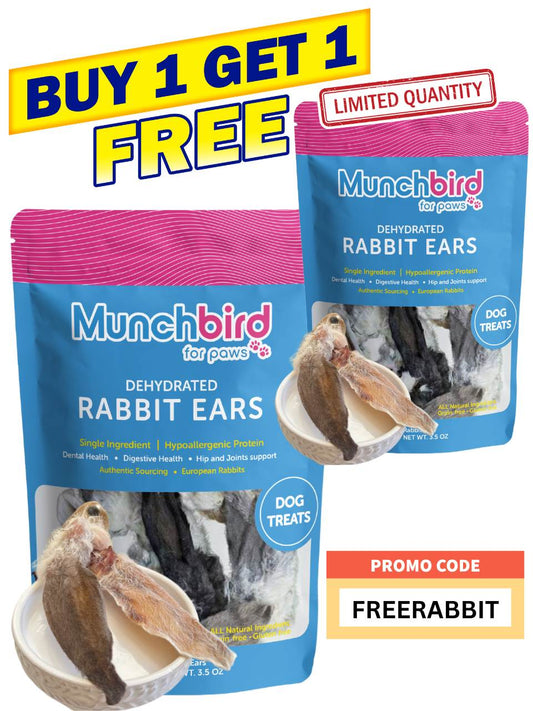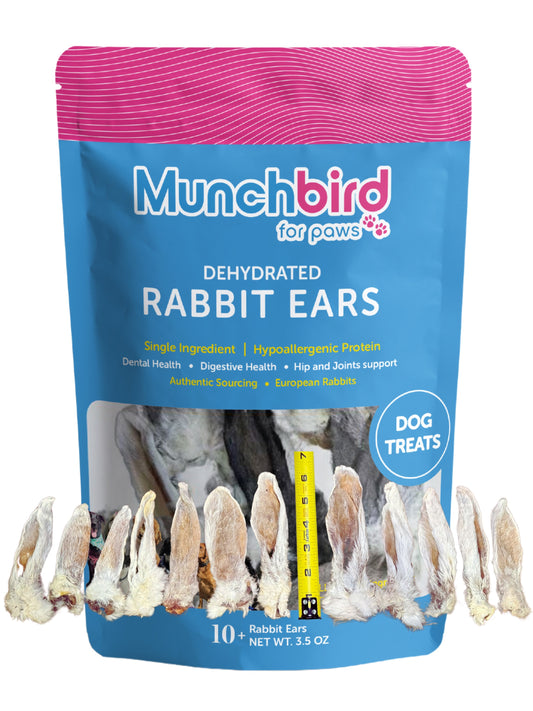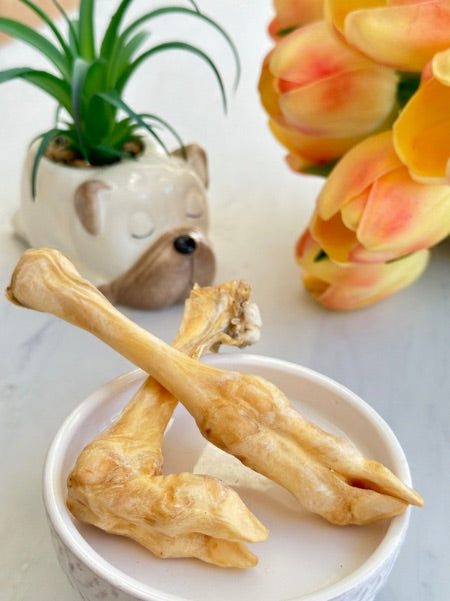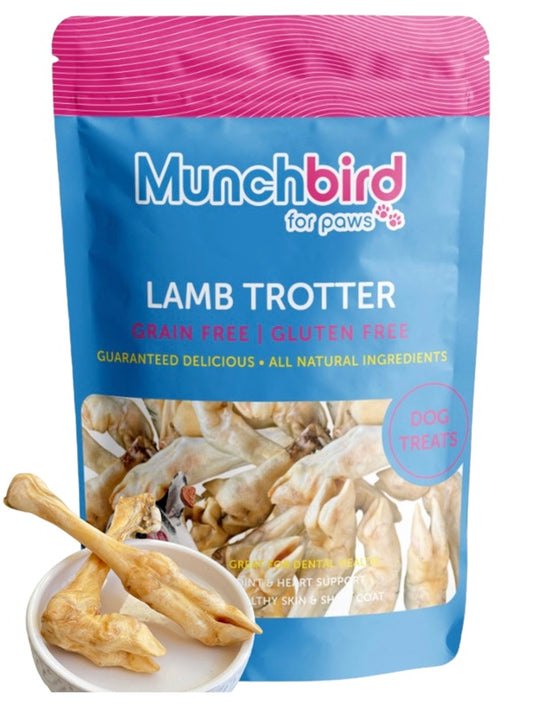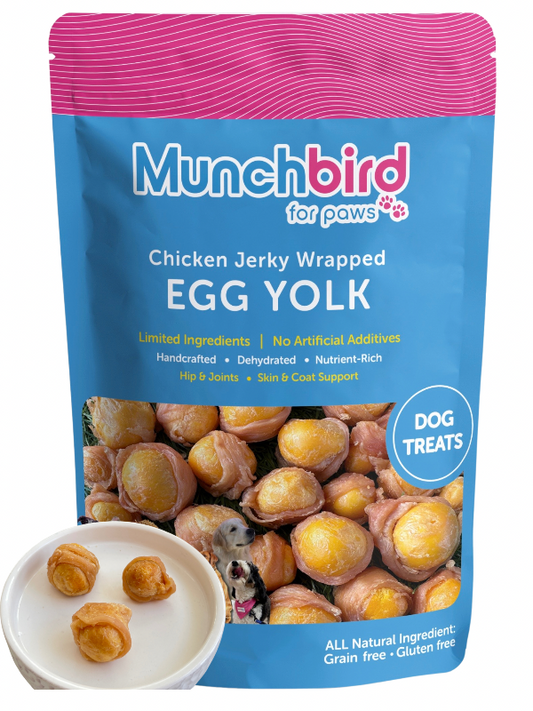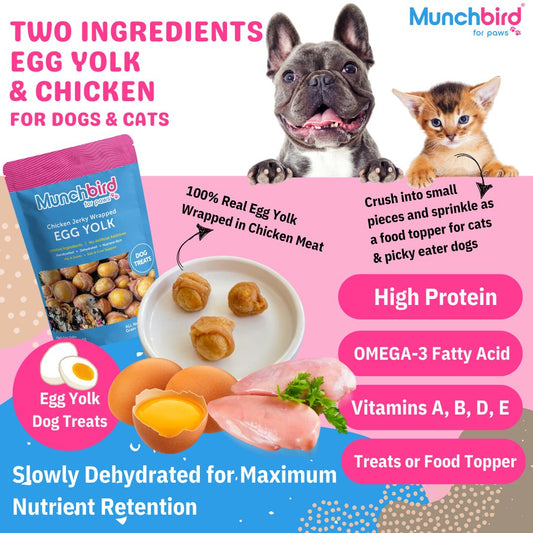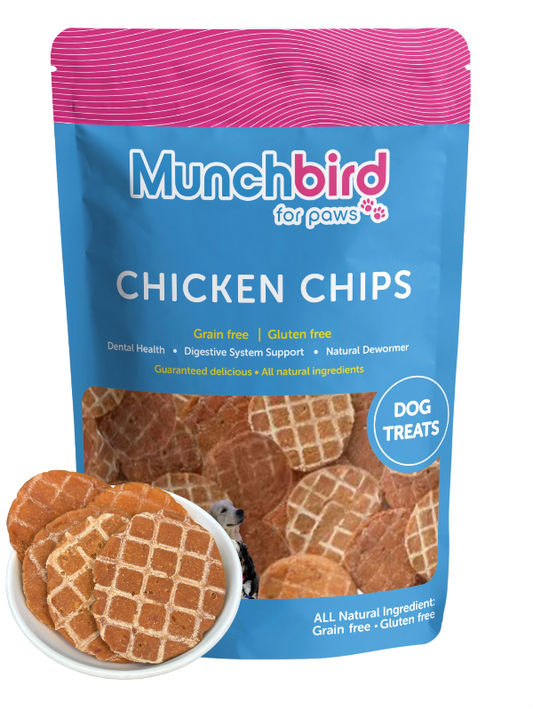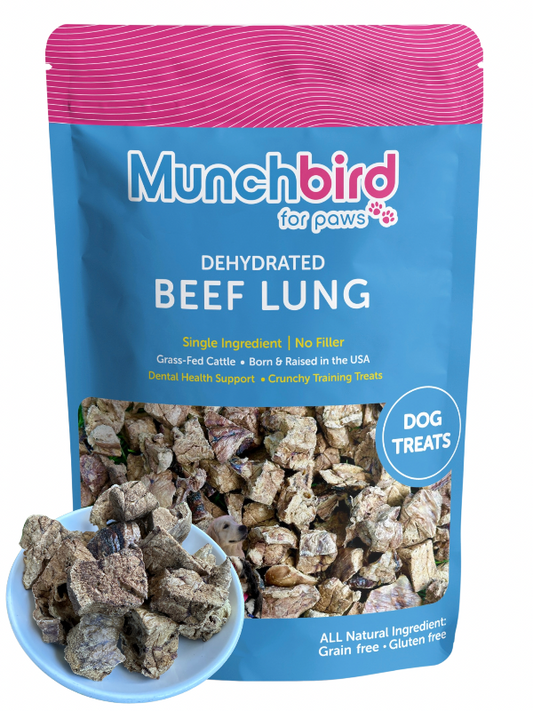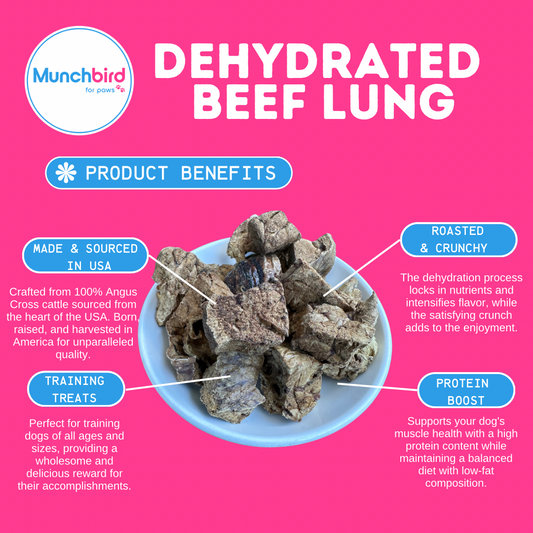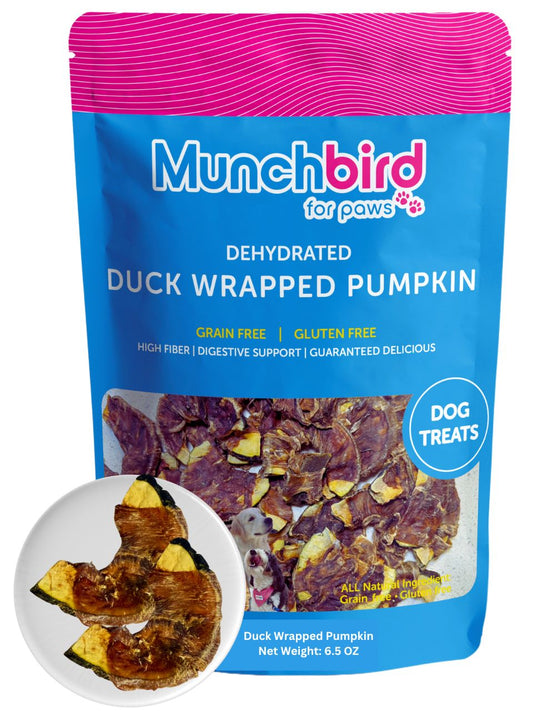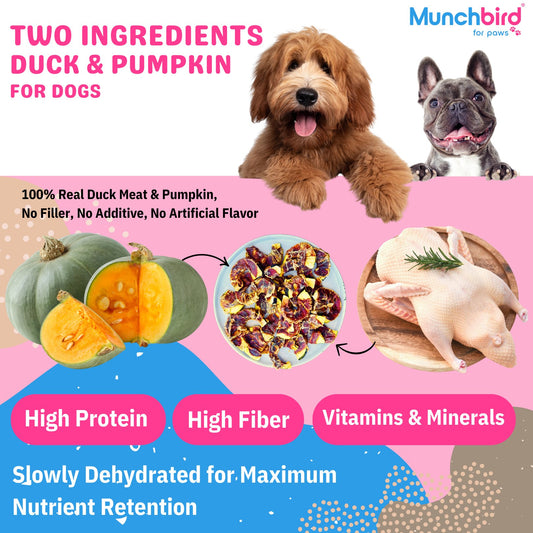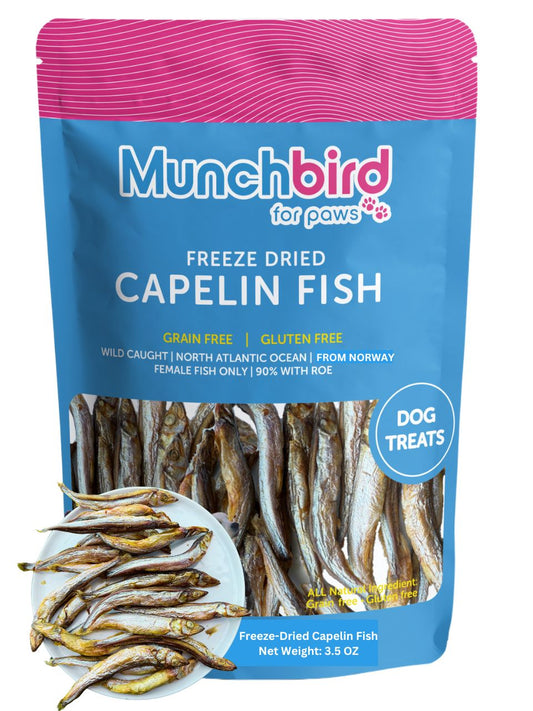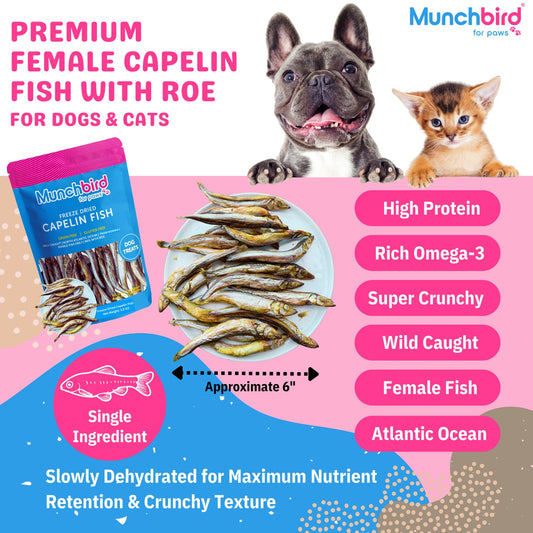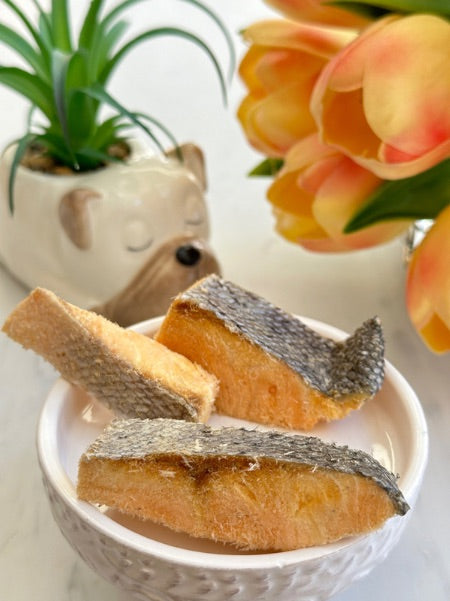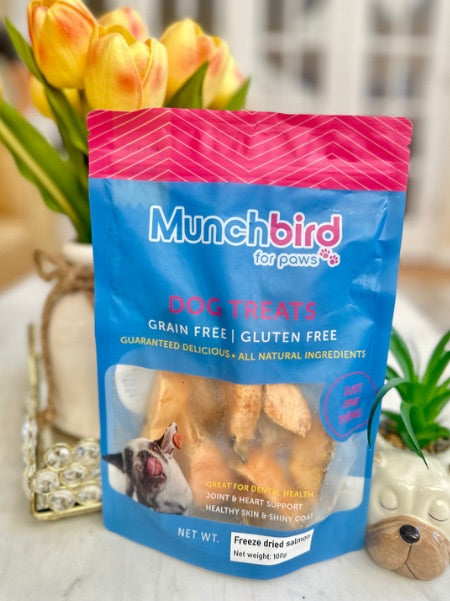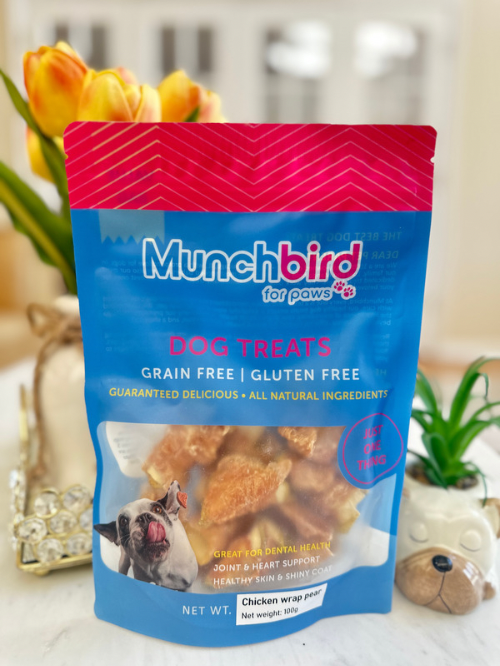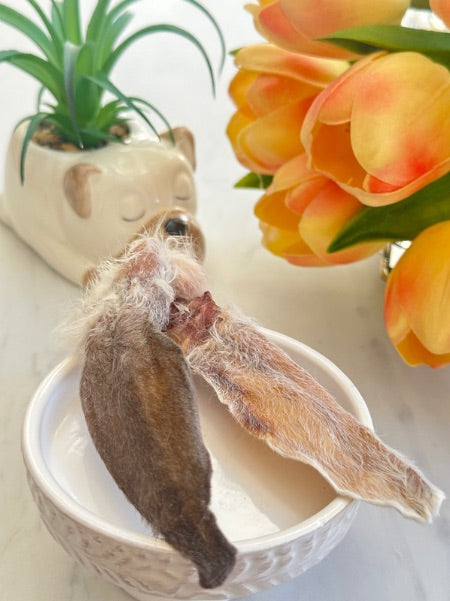Chihuahuas, known for their petite size and vibrant personalities, require special dietary considerations. To ensure their well-being, it's crucial to understand their unique nutritional needs, portion sizes, and the significance of various nutrients. In this comprehensive guide, we'll delve into Chihuahua's dietary requirements and back our recommendations with specific numbers and statistics.

1. Chihuahua's Special Dietary Needs:
Chihuahuas, being one of the tiniest dog breeds, have specific dietary needs. According to the American Kennel Club (AKC), small breed dogs like Chihuahuas require approximately 40-50 calories per pound of body weight each day. They need a diet that's composed of at least 18-24% protein, healthy fats, and essential nutrients.
2. The Importance of Protein:
Protein is a fundamental component of your Chihuahua's diet. Data from the National Research Council (NRC) suggests that dogs require around 18-25% protein in their diet. Chihuahuas, in particular, benefit from higher protein levels due to their small size and higher metabolism.
3. Vegetables, Vitamins, and Minerals:
Chihuahuas need a well-rounded diet that includes vegetables, vitamins, and minerals. According to research conducted by the University of California, Davis, a balanced diet should include vegetables like sweet potatoes, broccoli, and carrots, which provide essential vitamins and minerals to support their overall health and vitality.
4. How Much to Feed a Chihuahua:
Based on their specific calorie requirements, we provide a detailed feeding chart that outlines how much to feed a Chihuahua. For example, an average adult Chihuahua weighing around 5 pounds may require approximately 200-250 calories per day. These recommendations are based on scientific data and the dog's age, weight, and activity level.
5. Foods to Avoid for Chihuahuas:
Statistics from the American Society for the Prevention of Cruelty to Animals (ASPCA) and the American Veterinary Medical Association (AVMA) show that common foods that can be harmful to Chihuahuas include chocolate, grapes, and onions. These statistics offer insights into potential hazards and dangers.

Conclusion: Nourishing Your Loyal Companion:
Feeding your Chihuahua is an act of love, and with data-backed knowledge and specific numbers, you can ensure their health and happiness. Understanding their special dietary needs, the importance of protein, and how to incorporate essential nutrients into their diet is vital. By providing a balanced, data-supported diet, you can help your Chihuahua thrive and enjoy a long, joyful life by your side.
Always consult with your veterinarian for personalized feeding advice, as individual Chihuahuas may have unique requirements. With the right approach to nutrition, you'll be able to nurture your little companion and enjoy countless memorable moments together.
Other Topics:
| Are freeze dried liver treats bad for dogs? | https://www.munchbird.com/blogs/dog-treats/are-freeze-dried-liver-treats-bad-for-dogs |
| Are Salmon Dog Treats Good? Unveiling the Benefits and Considerations | https://www.munchbird.com/blogs/dog-treats/chicken-liver-treat-vs-beef-liver-treat-which-is-better-for-your-pup |
| Tiny but Mighty: A Complete Diet Guide for Chihuahuas |
https://www.munchbird.com/blogs/chihuahua-health-and-happiness-a-comprehensive-guide-for-pet-parents-1/tiny-but-mighty-a-complete-diet-guide-for-chihuahuas |

